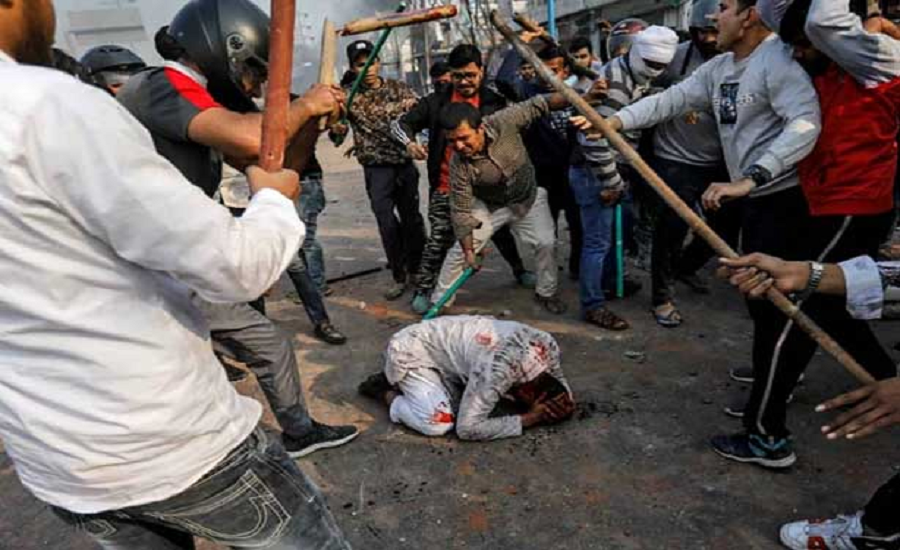
The situation turned graver in 2019 when the BJP was re-elected to power despite its previous assaults on civil liberties and its heightened targeting of minorities
Zafar Aafaq | Clarion India
NEW DELHI — India’s label as world’s largest democracy has “begun to tarnish” and the country has become a “dangerous and violent space for Muslim minorities” since 2014 when the Hindu Nationalist Bharatiya Janata Party (BJP) assumed power, according to the latest South Asia State of Minorities Report 2020.
The report demonstrates how the civic space for minorities has shrunk and groups working with them have increasingly been under attack under Prime Minister Narendra Modi.
The situation turned graver in 2019 when the BJP was re-elected to power despite its previous assaults on civil liberties and its heightened targeting of minorities, says the report prepared by ‘The South Asia Collective’, a group of human rights activists and organisations, with financial support from the European Union and the Norwegian Agency for Development Cooperation (Norad).
It slams the Central government for bringing in the Citizenship (Amendment) Act (CAA) and plans of National Register of Citizens (NRC), saying such moves “would have the potential to render many Muslims stateless.”
The CAA and NRC triggered widespread months-long protests in the form of women-led sit-ins in India demanding repeal of the “discriminatory policies.” The first sit-in was started by Muslim women of Shaheen Bagh, a locality in south Delhi. The report describes these protest sit-ins as “occasions for citizens to reclaim the idea of India as a secular democratic republic, amid the majoritarian upsurge”.
The report underlines that the limited participation of Muslims in the political and economic sphere can partly be attributed to hindrances to organise, participate and communicate and this has resulted in their limited ability to claim rights as equal citizens and influence the political and social structures around them.
“Often, policy-making has also been hostile to a Muslim focus. The result of these ambiguous efforts has been along the expected lines—with little improvement in the condition of marginalised Muslims,” asserts the report.
For instance, the Muslim representation is currently only 4.9 per cent in the Lower House (Lok Sabha) of the Indian Parliament and only 3.7 per cent in its last round of recruitment in Central civil services despite the community comprising 14 per cent of the national population.
The India chapter of the 349-page report notes how the space for civil society activism is narrowing since 2014 by targeting NGOs, activists, government critics, academicians and students. “Particularly targeted have been NGOs at the forefront of human rights work with vulnerable minorities and in defence of freedoms, with foreign funding freezes being the weapon of choice, all in the guise of Foreign Contribution (Regulation) Act (FCRA) regulations.”
The report accuses the Modi government of using agencies like the Enforcement Directorate (ED) which investigates financial crimes, and the Central Bureau of Investigation (CBI), to target specific NGOs.
The report also notes that the growing attacks on the press in India have forced journalists to engage in self-censorship.
It adds that while the TV stations critical of the government and pro-government groups like RSS have faced bans, there have not been any instances of similar actions being taken against pro-BJP channels that regularly broadcast hateful content.
The report urges the Indian government to abide by guarantees of expression, assembly and association contained in the constitution and relevant international human rights treaties and standards.
It also appeals to the international community to encourage India to abide by its own constitutional guarantees.

